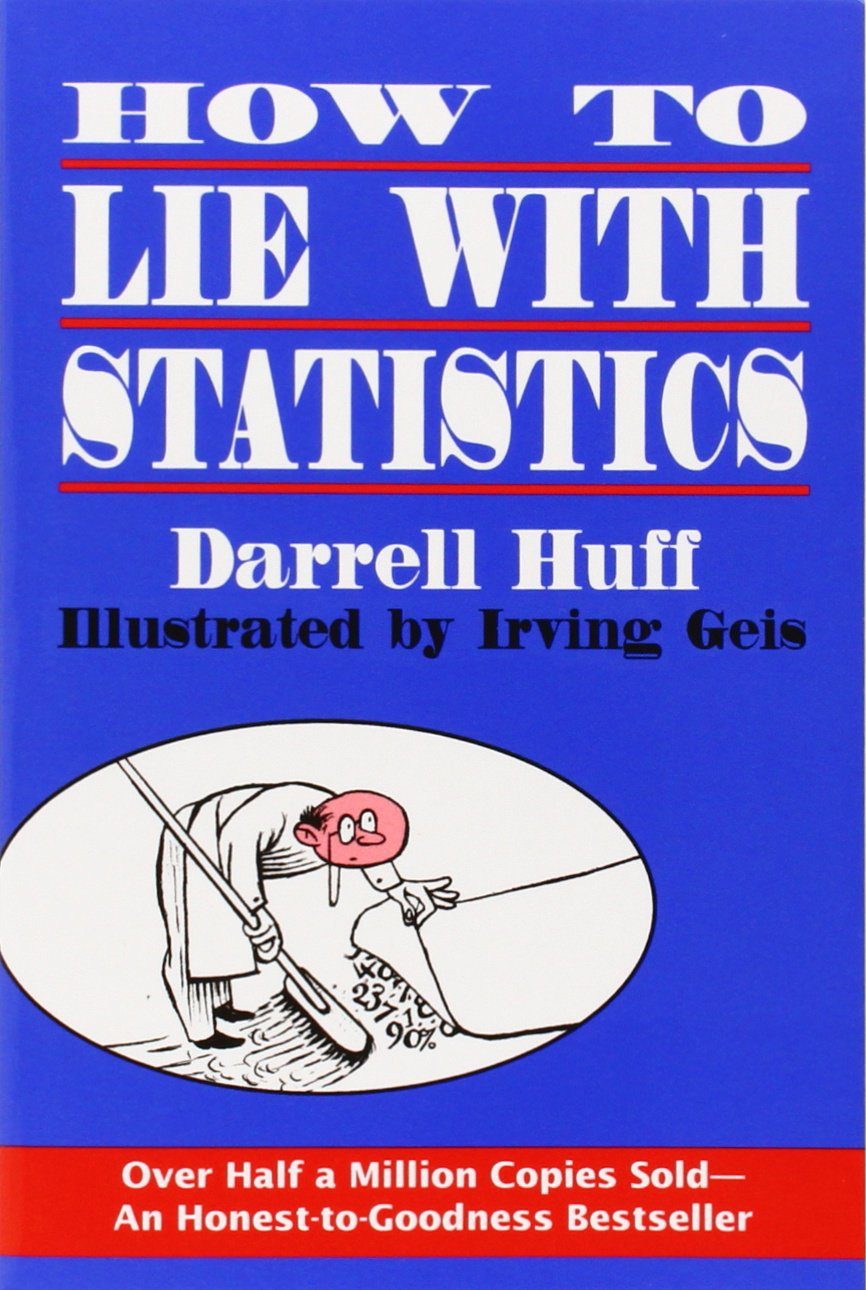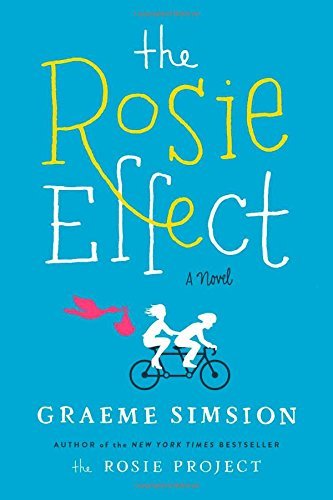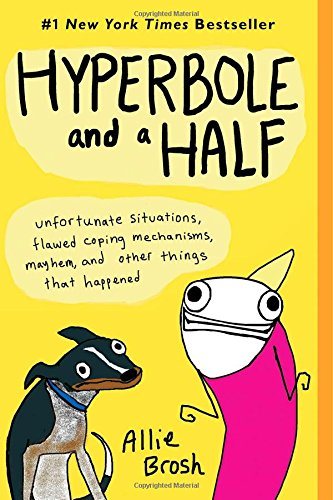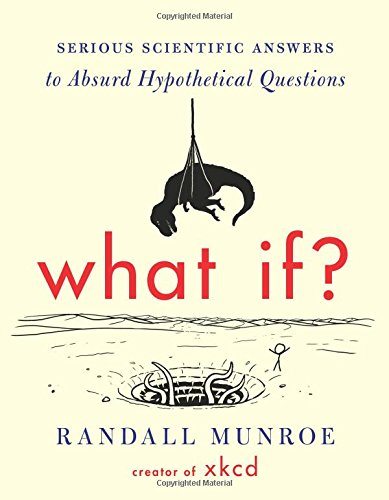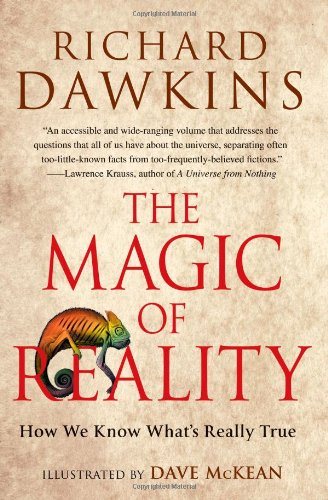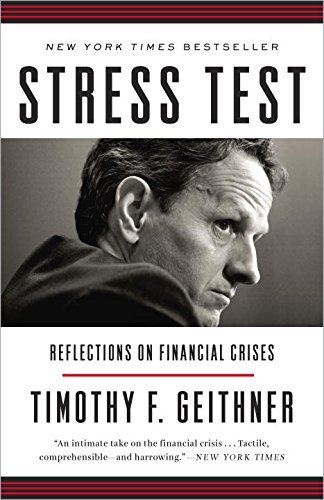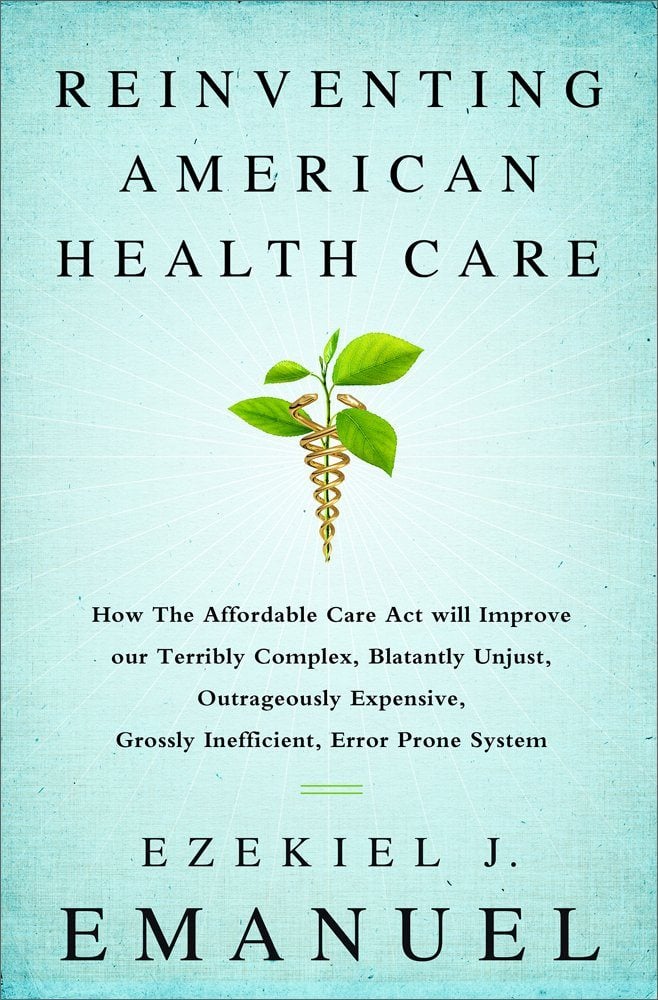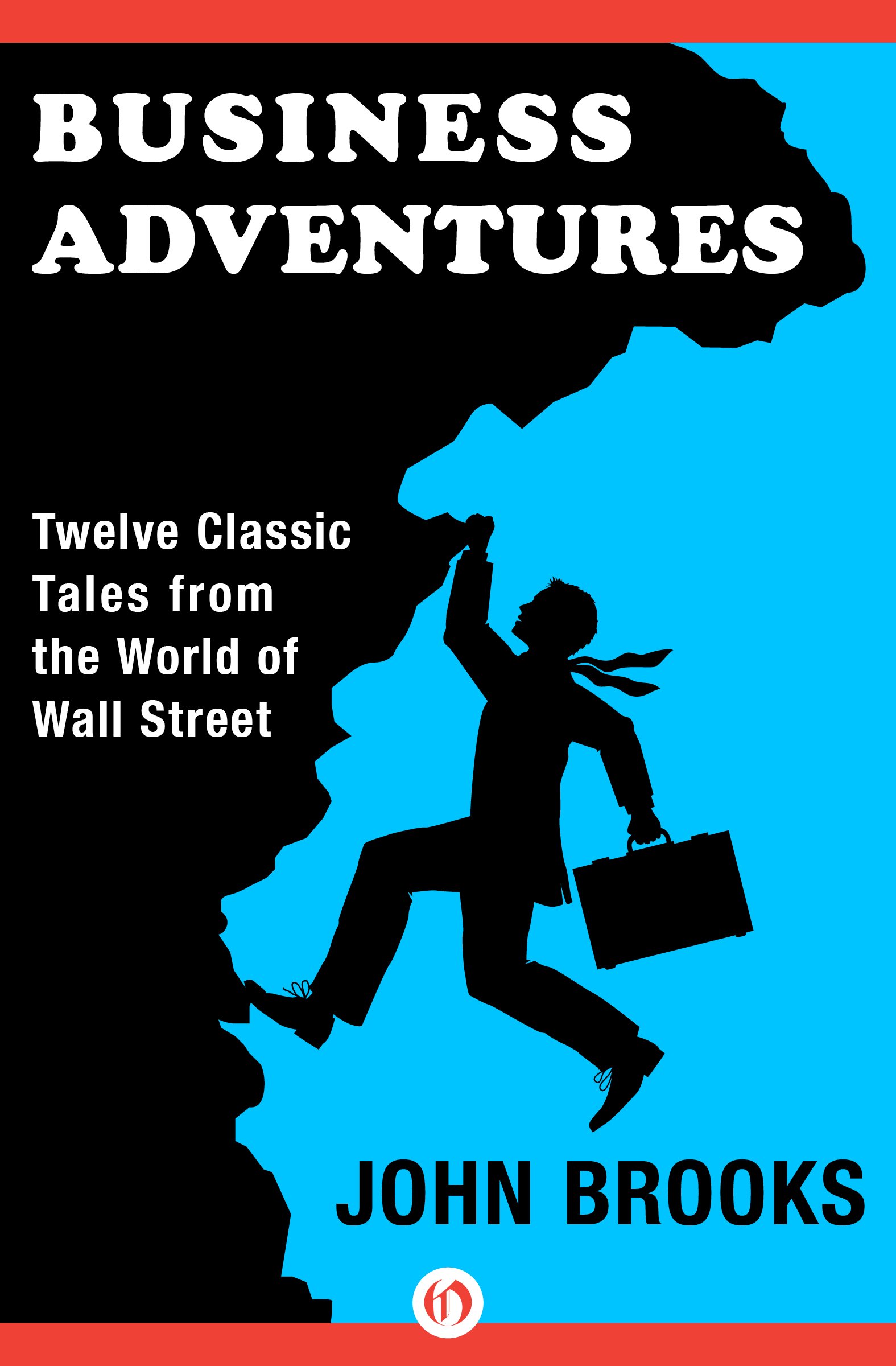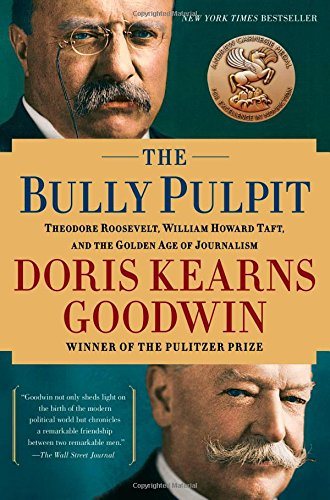We all want to become successful. So why not look to whom many would call the world’s most successful person to see what resources are needed to reach our dreams? Through his personal book reviews, we see that Gates has an eclectic yet polished taste in literature, with preferences ranging from business and capitalism to poverty and healthcare. Here are 10 books Bill Gates has recently and personally recommended, which means you should probably order them right now.
1. How to Lie with Statistics, by Darrell Huff
What It’s About Statistics can be a beautiful instrument of learning for businesses and humanitarians alike, when used properly. Even though statistics inherently has checks and balances to keep representations as accurate as possible, people purposefully rephrase or misrepresent stats everyday. Huff explains how much statistics actually affect our daily lives, and how they are often used to fool, rather than inform, the reader. Just under 3,000 Goodreads users gave How to Lie with Statistics a rating of 3.85 out of 5. Why Gates Recommends It
2. The Rosie Effect: A Novel, by Graeme Simsion
What It’s About This sequel to The Rosie Project is about Don and Rosie, the main characters of the novel, and their story as newlyweds in the grand city of New York. Rosie announces that she’s pregnant, so Don works hard to become the master of all things obstetric. Even though he gets the knowledge side down, he bombs the emotional aspect of his wife’s pregnancy and his own fatherhood. Throughout the process he nearly loses Rosie! 25,000 Goodreads reviewers gave this novel a 3.54 out of 5. Why Gates Recommends It
I was happy to learn that one of my favorite things about both books is also one of Graeme’s favorite things. Usually, when we meet people who are different from us, in whatever way, we tend to treat them as inferior, even though we say that’s not what we’re doing. We may not even consciously realize we’re doing it. But through Don Tillman, the hero of both books, Graeme casts the issue in a different light. Different doesn’t mean less than.
3. XKCD: Volume 0, by Randall Munroe
What It’s About This is the first book to come from the popular (and rather humorous) webcomic XKCD. Though incredibly witty, and somewhat geeky, it is essentially a large collection of fan favorites. With a huge popularity among geeks and nerds, 4,400 of the Goodreads community gave it a 4.36 out of 5. Why Gates Recommends It
4. Hyperbole and a Half: Unfortunate Situations, Flawed Coping Mechanisms, Mayhem, and Other Things That Happened, by Allie Brosh
What It’s About This illustrated edition of life events and stories by Brosh brings us many humorous and insightful musings from, well, her personal life events and stories. It is a great additive to Brosh’s blog that keeps readers laughing to the point of tears from cover to cover. 82,000 Goodreads users gave it a 4.13 out of 5. Why Gates Recommends It According to Bill, it’s “funny and smart as hell.”
But her best stuff is the deep stuff, especially the chapters about her battles with severe depression. There is a lot of self-revelation here but no self-pity. She brings the same wit to this subject as she does to her stories about her dogs—even if it makes the reader more likely to tear up than crack up. Hyperbole and a Half gave me a new appreciation for what a depressed person is feeling and not feeling, and what’s helpful and not helpful.
5. What If? Serious Scientific Answers to Absurd Hypothetical Questions, by Randall Munroe
What It’s About Former NASA employee and creator of webcomic XKCD, Munroe tackles a series of impossible questions, like “What would happen if your cells stopped dividing?” or “How bad is it really to be in a pool during a thunderstorm?” or “How high would you need to drop a steak from to make sure it was cooked by the time it reached the ground?” What If? is full of entertaining nonsense (or rather, complete sense), sure to inform and captivate the reader for hours. 24,000 Goodreads users gave it a 4.14 out of 5. Why Gates Recommends It
So if you’re dying to know how fast you can drive over a speed bump and still live, or how many Legos it would take to build a bridge from London to New York, or whether we could make the moon change colors by pointing every single laser pointer on Earth at it—you’re in luck. Not only do you have a place to go for the answers, but you’ll also learn about a lot of other things like ballistics, DNA, the oceans, the atmosphere, and lightning. And when to duck if the glass is half full.
6. The Magic of Reality: How We Know What’s Really True, by Richard Dawkins
What It’s About Dawkins takes the reader through, well, a magical journey of reality. So many things happen in the world that seem unreal or supernatural. Here readers learn the science behind these mysteriously captivating phenomena. Over 10,000 Goodreads users gave The Magic of Reality a 4.05 out of 5. Why Gates Recommends It
It’s an engaging, well-illustrated science textbook offering compelling answers to big questions, from how the universe formed to what causes earthquakes. It’s also a plea for readers of all ages to approach mysteries with rigor and curiosity, rather than buying into the supernatural myths at the core of most faith traditions.
7. Stress Test: Reflections on Financial Crisis, by Timothy F. Geithner
What It’s About It’s a New York Times, Washington Post, and Los Angeles Times bestseller. What more do you need to know? Geithner was President Obama’s Secretary of the Treasury, and president of the Federal Reserve Bank of New York before that. As such, he gives a fascinating and enlightening account of the worst American financial crisis since the Great Depression. Readers learn how a group of policy-makers avoided a second great depression, but lost the support of the general public in the process. Readers also get to learn about Geithner’s life from a vantage point other than his appearance in the public eye. 1,100 Goodreads users gave Stress Test a 3.95 out 5. Why Gates Recommends It
While some chapters dive into details that only a true policy wonk could love, I found the entire book very clear and easy to read. Ultimately, Geithner paints a compelling human portrait of what it was like to be fighting a global financial meltdown while at the same time fighting critics inside and outside the Administration—as well as his own severe guilt over his near-total absence from his family.
8. Reinventing American Health Care: How the Affordable Care Act will Improve our Terribly Complex, Blatantly Unjust, Outrageously Expensive, Grossly Inefficient, Error Prone System, by Ezekiel Emanuel
What It’s About If you’re entering med school, this is the book for you. The title says it all! In this insider’s analysis, Emanuel takes us through a history of government regulated healthcare, and explains how the Affordable Care Act was the off-kilter medical move America needed. The Goodreads community – a solid 150 of them – gave it a 4.03 out 5. Why Gates Recommends It
9. Business Adventures: Twelve Classic Tales from the World of Wall Street, by John Brooks
What It’s About As a longtime contributor to the New Yorker, Brooks helps us understand the nuances of corporate life in America during the ’50s and ’60s. Though aged, it still holds as an insightfully intriguing set of tales, through which much may be gleaned. 1,800 of the ever-faithful Goodreads community gave it a 3.80 out of 5. Why Gates Recommends It
Brooks’s work is a great reminder that the rules for running a strong business and creating value haven’t changed. For one thing, there’s an essential human factor in every business endeavor. It doesn’t matter if you have a perfect product, production plan, and marketing pitch; you’ll still need the right people to lead and implement those plans. Business Adventures is as much about the strengths and weaknesses of leaders in challenging circumstances as it is about the particulars of one business or another. In that sense, it is still relevant not despite its age but because of it. John Brooks’s work is really about human nature, which is why it has stood the test of time.
10. The Bully Pulpit: Theodore Roosevelt, William Howard Taft, and the Golden Age of Journalism, by Doris Kearns Goodwin
What It’s About A historical piece on the Progressive Era (a mix of the Industrial Age and progressive social reform), Goodwin focuses on the relationship of political rivals Theodore Roosevelt and William Howard Taft. 6,300 of our loyal comrades at Goodreads gave The Bully Pulpit a 4.12 out of 5. Why Gates Recommends It Featured photo credit: Gisela Giardino via flickr.com I’m especially interested in the central question that Goodwin raises: How does social change happen? Can it be driven by a single inspirational leader, or do other factors have to lay the groundwork first?
